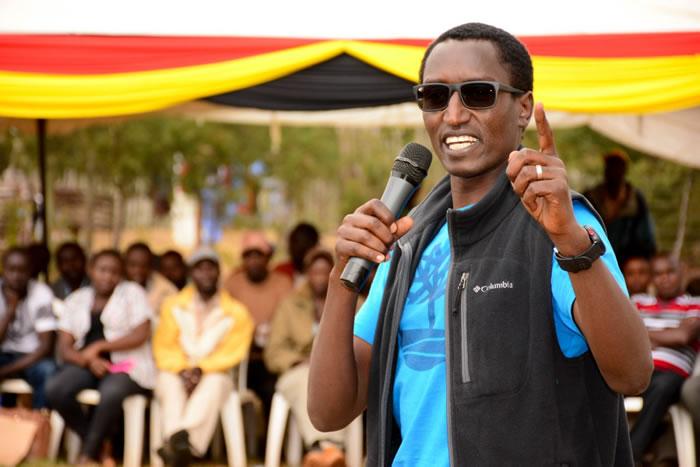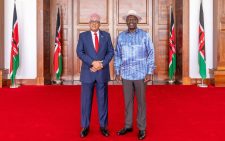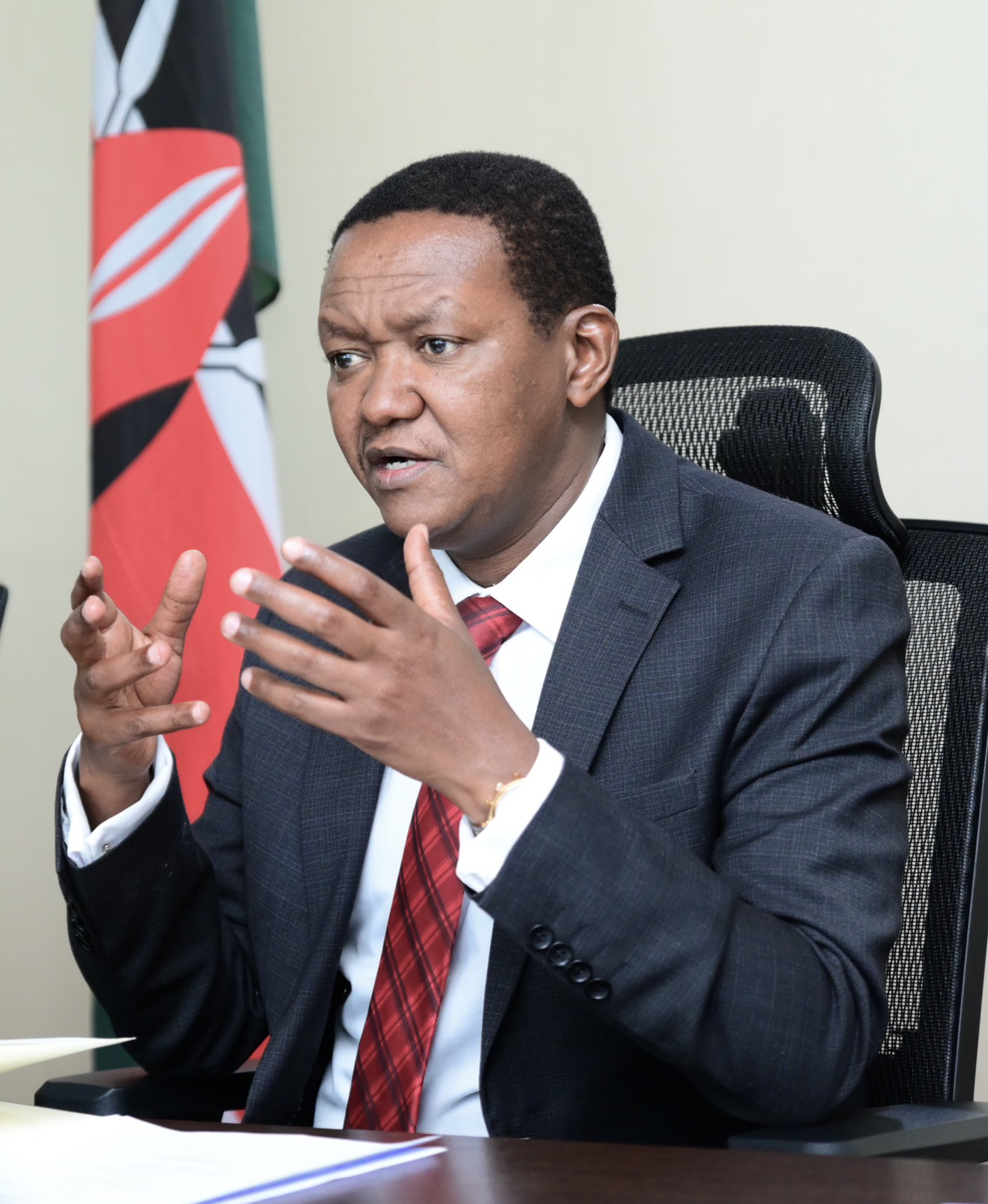Experts develop policy brief on safety of GMO

By Benson Butori
Researchers and medical experts have teamed up to develop a policy brief on the viability and the safety of Genetically Modified Organisms (GMO) in the wake of widespread misconception about the new technology.
Medics from both the Kenya Medical Association (KMA) and the Kenya Medical Practitioners, Pharmacists and Dentists Union (KMPDU) are working with the Kenya University Biotechnology Consortium (KUBIKO) on the policy paper to demystify the myths and clear controversies shrouding the concept of GMO foods.
Speaking during a consultative meeting that brought representatives of the three bodies, KMA chief executive Dr Brenda Obondo said the move is aimed at separating facts from fiction and coming up with a clear insight on the GMO debate.
She assured Kenyans that their concerns about the intended introduction of GMO foods in the country will be addressed in the policy document expected to be released soon.
The move comes after President William Ruto in October 2022, lifted the ban on the cultivation and importation of GMOs that had been in place for over 10 years amid the worst drought in 40 years and soaring food prices.
However, the executive order sparked mixed reactions with those opposed to the lifting of the ban citing health and safety issues and even seeking legal redress to stop the process which was to begin this month.
“This meeting was prompted by the controversy surrounding the introduction of GMOs but the medical practitioners have not had the opportunity to interrogate to make a sound policy statement from a point of knowledge,” she said.
Political expediency
KMPDU Secretary General Dr Davji Bhimji Atella said the union believes in science which is based on facts and evidence rather than hearsay and assumptions some of which were made for political expediency.
“Health care is fundamental. We, therefore, want to come up with a strong stand on GMOs once we understand every aspect scientifically and factually,” he said.
Atella noted that food security, starvation, drought and suffering of every person in the country is very pertinent and blamed some politicians who have been speaking on the issues spurring negative reactions from the public “We have come in as health practitioners to understand. We cannot speak on the issue of the GMO from the point of ignorance and today’s meeting that we are discussing with the scientists will be fundamental to every question that any Kenyan seeking health care and wants to be reassured by the doctor,” he added.
Head of Agricultural Biotechnology at the University of Nairobi Dr Joel Ochieng acknowledged that information on GMO was still lacking among the experts in other fields and also the public. “Majority of people think GMO is about importing the technology from outside and that is why they are resistant but as scientists, we want to assure them that we have homegrown solutions and that research has been undertaken locally on developing products such as the BT maize,” he said.
Court process
Dr Ochieng who is also KUBIKO’s Secretary General explained that if it wasn’t for the court cases that are still pending and not yet heard, the BT maize that has been developed is supposed to have gone to the farmers for cultivation “The court process is on and we respect that. We are hoping that we will be vindicated because the scientific evidence available has shown that there is no single safety concern about BT products or crops. There are only a few concerns being raised in social dimensions such as farm rights which have been adequately addressed by safety Acts,” he said.
In Africa, currently, South Africa, Burkina Faso, Egypt and Sudan are growing GM foods. –












